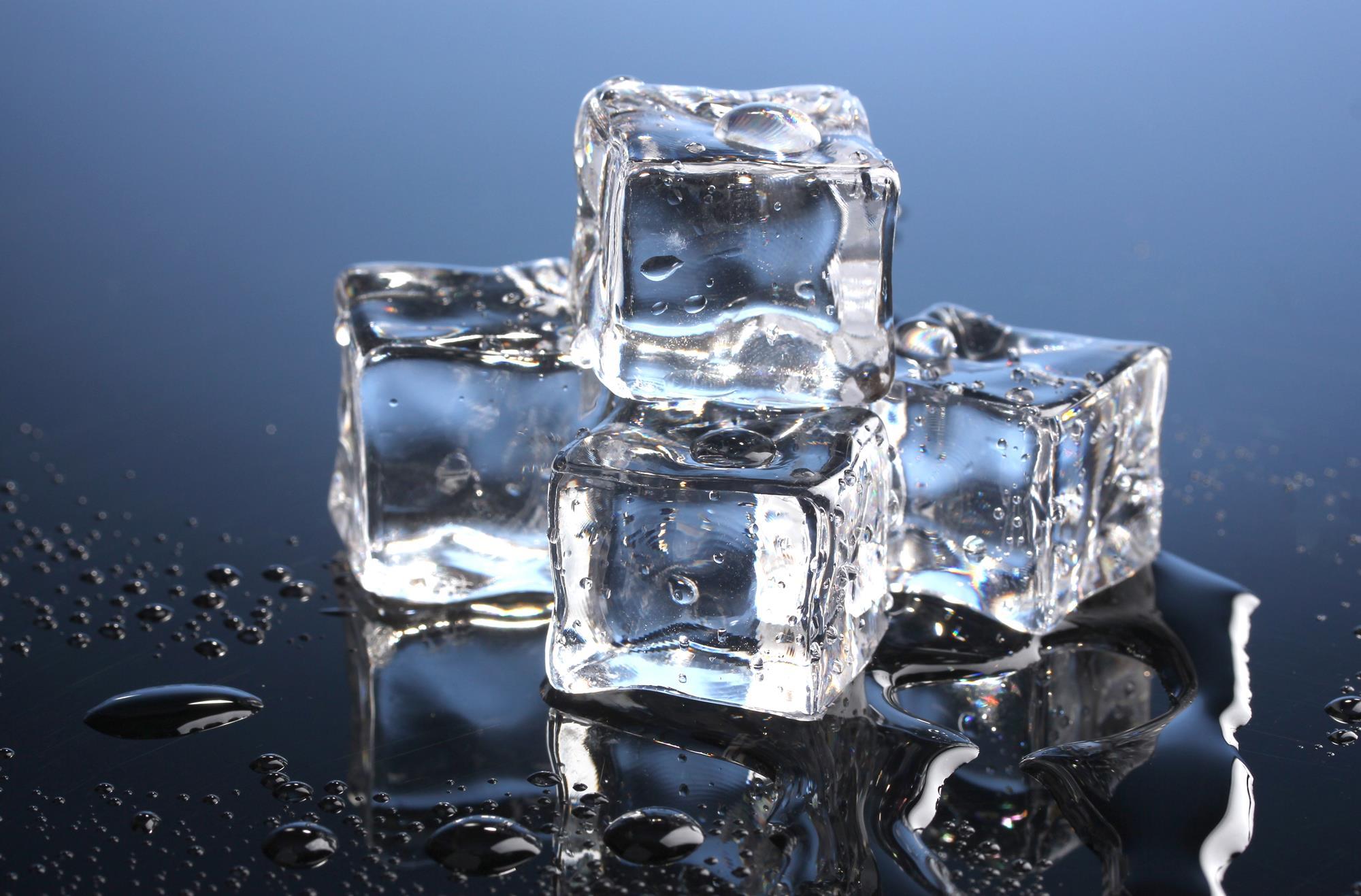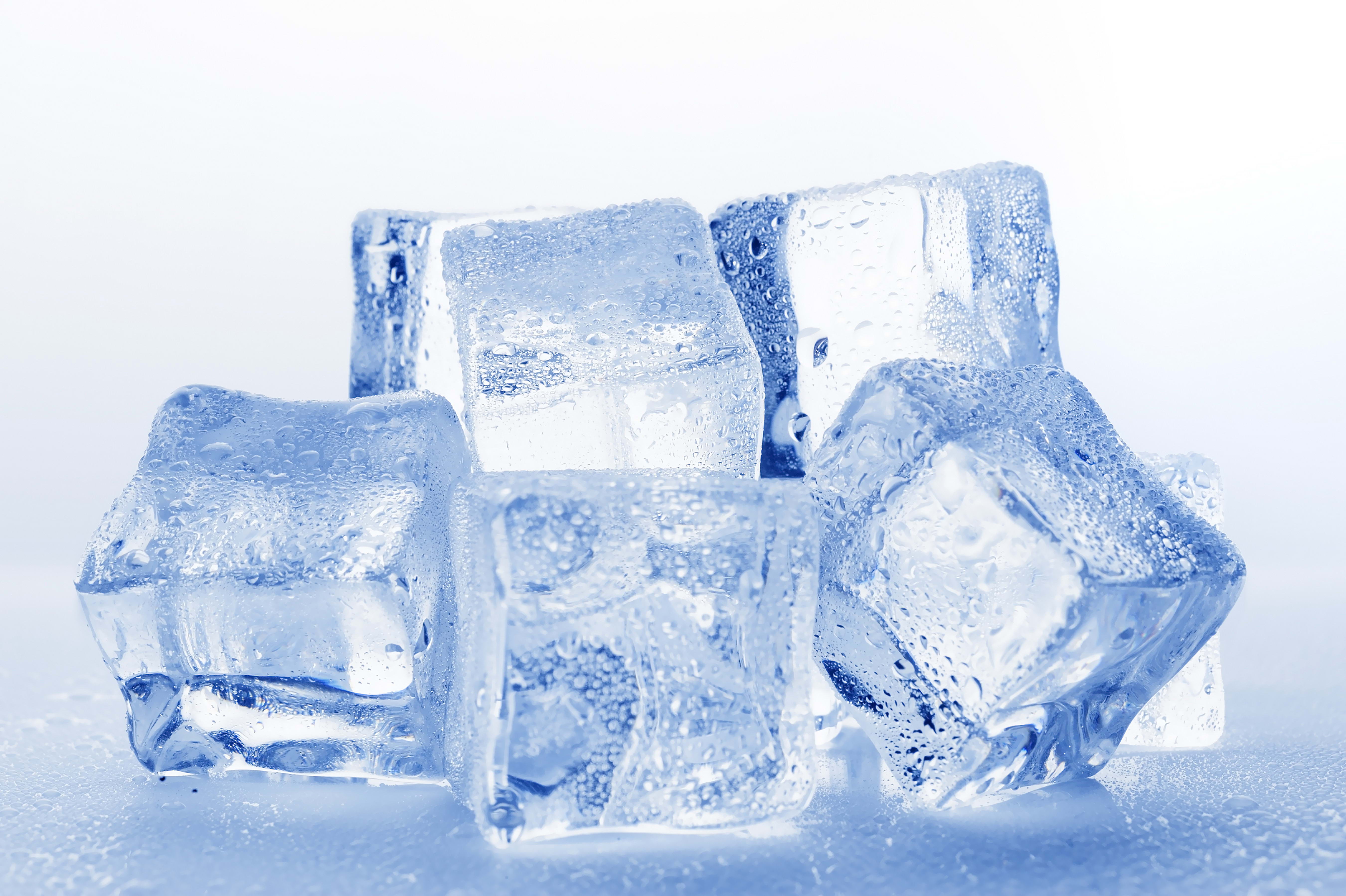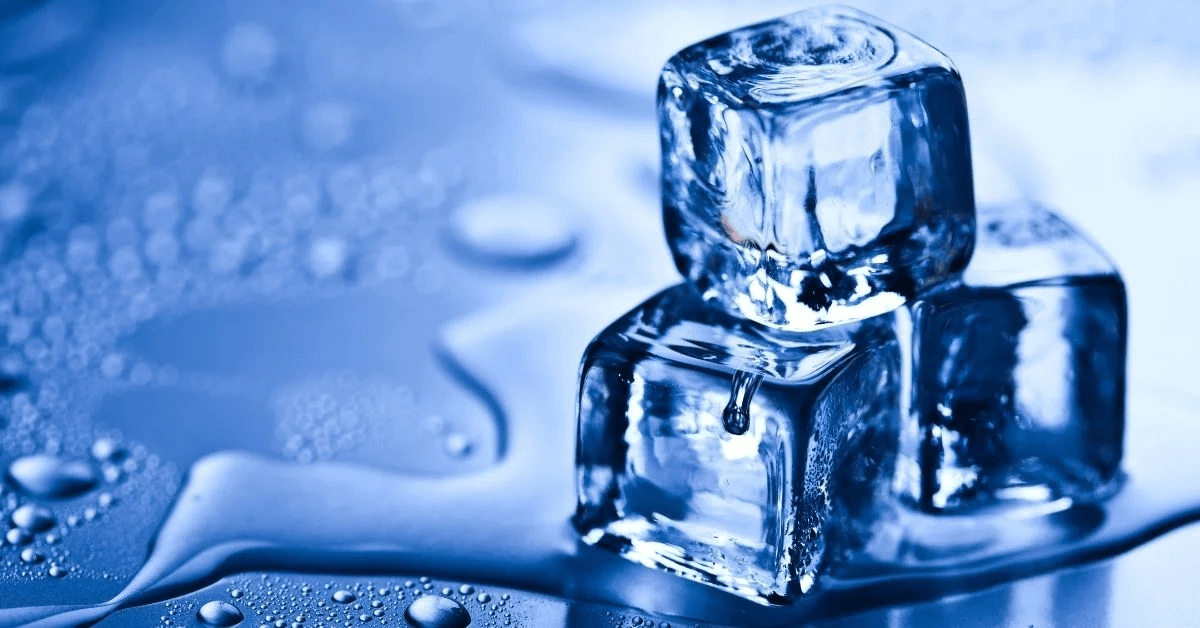Ice Cream Recalled Nationwide: What You Need To Know Now
Finding out your favorite frozen treat, that delightful ice cream, might be part of an ice cream recalled nationwide alert can be a bit of a shock, truly. It is a moment that makes you pause, wondering about the safety of something you enjoy so much, especially when you think about those happy moments sharing a scoop. This kind of news, you know, really makes people think about what is in their food.
When a food item, like ice cream, faces a recall, it is usually because of a potential health risk, something that could make someone unwell. This means the companies and the food safety folks are working to keep everyone safe, which is a very good thing. So, keeping an eye on these notices is pretty important for your well-being, as a matter of fact.
You might be wondering about the source of information for this piece, especially if you have seen "My text" provided. It is important to clarify that the information in "My text" relates to a federal agency, the United States Immigration and Customs Enforcement (ICE), and its operations, not directly to food safety or ice cream products. So, for this discussion about ice cream recalled nationwide, we will be looking at general public health and food safety principles, and not using any details from that text, in a way.
Table of Contents
- Why Ice Cream Gets Recalled
- Contamination Concerns
- Undeclared Allergens
- Foreign Materials
- Packaging Issues
- Quality Control Gaps
- How Recalls Are Announced and What to Do
- Official Sources
- Checking Your Freezer
- Returning or Disposing
- Getting Refunds
- The Wider Impact of Recalls
- Public Health Safeguards
- Brand Trust and Reputation
- Supply Chain Adjustments
- Regulatory Oversight
- Staying Informed About Food Safety
- Reliable Information Hubs
- Your Role as a Consumer
- Understanding Food Labels
- The Story of Food Safety: A Broader Look
- Historical Lessons in Food Safety
- Modern Food Production Challenges
- The Consumer's Role in a Safe Food System
- Frequently Asked Questions About Ice Cream Recalls
Why Ice Cream Gets Recalled
Recalls happen for very specific reasons, always related to keeping people safe from harm. When we talk about ice cream recalled nationwide, it usually comes down to something that could make you sick or cause a bad reaction. It is a big deal for the companies involved, as you can imagine, and for everyone who loves a scoop or two, too.
Contamination Concerns
One of the main reasons for an ice cream recall is the presence of harmful germs. These tiny invaders can cause serious illness. So, discovering them means immediate action is needed, very quickly.
Listeria, for instance, is a type of bacteria that can grow even in cold temperatures, which is pretty concerning for frozen foods like ice cream. It can cause a severe infection called listeriosis, which is especially risky for pregnant people, older adults, and those with weaker immune systems. This germ can be very, very dangerous, honestly.
Salmonella is another common culprit, often linked to raw eggs or other ingredients. If it gets into ice cream, it can lead to salmonellosis, causing fever, diarrhea, and stomach cramps. It is a germ that can spread quite easily, so, you know, preventing it is key.
E. coli, while less common in ice cream, is still a possibility if water sources or ingredients are contaminated. Certain strains of E. coli can cause severe stomach pain and kidney failure. That is why food producers have to be so careful with their water and ingredients, as a matter of fact.
Undeclared Allergens
Sometimes, a recall happens because an ingredient that causes allergies is in the ice cream but not listed on the label. This is a huge problem for people with allergies. A tiny bit of peanut, for example, could cause a life-threatening reaction for someone with a severe peanut allergy, so it is a very serious matter.
Common undeclared allergens include milk, eggs, nuts (like peanuts and tree nuts), soy, and wheat. If these are in the product and not on the label, it puts people at great risk. Food labeling laws are very strict for this reason, basically.
Foreign Materials
Finding something that should not be in your ice cream, like a piece of plastic, metal, or even glass, is another reason for a recall. This is not just unpleasant; it can be dangerous, causing cuts or choking. Companies work hard to prevent this, but sometimes things happen, you know?
These materials can accidentally get into the product during manufacturing. It might be a small part from a machine, or something that fell in during processing. Such discoveries lead to an immediate halt in production and a recall, naturally.
Packaging Issues
Problems with the packaging itself can also trigger a recall. If the container is not sealed properly, or if there is a defect, it can expose the ice cream to outside contaminants. This means the product might not be safe to eat even if it left the factory clean, so it is a bit of a tricky situation.
A broken seal might allow air, moisture, or even germs to enter, spoiling the ice cream or making it unsafe. That is why packaging integrity is a big part of food safety, as a matter of fact.
Quality Control Gaps
Every step in making ice cream, from getting the ingredients to freezing the final product, has checks in place. If these checks, or quality control measures, are not done right, problems can slip through. This is a big reason why recalls happen, actually.
A lapse in quality control might mean that ingredients were not stored at the right temperature, or that equipment was not cleaned properly. These small errors can have big consequences, leading to a product that is not safe for people to enjoy, pretty much.
How Recalls Are Announced and What to Do
When an ice cream recalled nationwide event happens, authorities and companies move quickly to tell the public. Knowing where to look and what steps to take is really important for your safety, so it is something to pay attention to, you know?
Official Sources
The U.S. Food and Drug Administration (FDA) is a primary source for food recall information. Their website lists all current recalls, including those for ice cream. Checking their official pages regularly is a smart move, basically.
Companies that issue recalls also post information on their own websites. They often send out press releases to news outlets too. So, keeping an eye on news from trusted sources can help you stay informed, as a matter of fact.
Checking Your Freezer
Once you hear about an ice cream recalled nationwide, the first thing to do is check your freezer. Look at the brand, the product name, and any specific codes or dates mentioned in the recall notice. These details are very important for identifying the affected product, honestly.
Do not just assume your ice cream is safe. Take a moment to compare the information on the recall notice with what you have at home. This simple step can keep you and your family safe, pretty much.
Returning or Disposing
If you find a recalled ice cream product, do not eat it. The recall notice will usually tell you what to do next. Sometimes, they ask you to return it to the store where you bought it, and sometimes they tell you to throw it away. Follow their instructions carefully, you know.
If you are told to dispose of it, make sure it is done in a way that no one else, including pets, can get to it. This prevents accidental consumption, which is a key part of the process, really.
Getting Refunds
Most companies offer a refund or a replacement for recalled products. You might need to show proof of purchase, like a receipt, or sometimes just the product packaging. Check the recall notice for specific instructions on how to get your money back or a new product, as a matter of fact.
It is fair to expect compensation for a product that was not safe. Companies usually make this process as easy as possible because they want to maintain customer trust, so that is good.
The Wider Impact of Recalls
An ice cream recalled nationwide event goes beyond just the immediate product. It has ripple effects across many areas, showing how connected our food system truly is. It is a complex situation, you know?
Public Health Safeguards
Recalls are a vital part of public health protection. They act as a safety net, pulling potentially harmful products off shelves before more people get sick. This system helps to keep communities healthier, which is a good thing, really.
When a recall is issued, it is a sign that the food safety system is working, identifying problems and trying to fix them. It shows that there are eyes watching out for everyone's well-being, as a matter of fact.
Brand Trust and Reputation
For the company involved, an ice cream recalled nationwide can be a big blow to their image. People might start to question the safety of all their products, not just the one recalled. Rebuilding that trust takes a lot of effort and time, obviously.
Companies often issue apologies and explain the steps they are taking to prevent future issues. Transparency during a recall is very important for regaining consumer confidence, pretty much.
Supply Chain Adjustments
A recall also means a lot of work behind the scenes for the supply chain. Products need to be pulled from stores, warehouses, and distribution centers. This is a massive logistical challenge, requiring coordination across many different businesses, basically.
It can disrupt deliveries and cause delays for other products too. The entire network has to adjust quickly to manage the removal of the recalled items, so it is a pretty big undertaking.
Regulatory Oversight
Food safety agencies, like the FDA, play a big role in overseeing recalls. They investigate how the problem happened, ensure the company takes proper steps, and verify that the recalled product is no longer available. Their job is to protect the public, you know?
These agencies can also issue fines or other penalties if companies do not follow safety rules. This oversight helps to ensure that food producers keep up with high safety standards, as a matter of fact.
Staying Informed About Food Safety
Being aware of food safety news, including any ice cream recalled nationwide alerts, is a smart habit. It helps you make better choices for your family and yourself, so it is a very useful thing to do.
Reliable Information Hubs
Knowing where to get accurate and timely information is key. Government food safety websites, like those run by the FDA or the USDA, are always good places to start. They provide factual updates without hype, which is really important. Learn more about food safety on our site.
Many public health organizations also offer great resources on general food safety practices. These can help you understand how to handle food safely at home, which is a big part of preventing illness, too.
Your Role as a Consumer
As a consumer, you have a part to play in food safety. This includes reading labels carefully, storing food correctly, and paying attention to news about recalls. Your vigilance helps protect not just yourself but also others, as a matter of fact.
If you suspect a food product is unsafe, you can report it to the proper authorities. This kind of feedback can help prevent wider outbreaks of illness, so it is a very valuable action, honestly.
Understanding Food Labels
Food labels are packed with important information. They tell you about ingredients, allergens, nutrition facts, and sometimes even handling instructions. Taking a moment to read them can give you a lot of insight into what you are eating, you know?
Pay special attention to "best by" or "use by" dates, and allergen warnings. These details are there to guide you in making safe choices about your food, pretty much. We also have more information on food labeling on this page.
The Story of Food Safety: A Broader Look
The journey of food safety, particularly when something like ice cream recalled nationwide comes up, is a long and interesting one. It shows how much we have learned over time about keeping our food supply safe. It is a pretty complex area, actually.
Historical Lessons in Food Safety
In earlier times, food safety was much less regulated. People often got sick from what they ate, and the reasons were not always clear. These experiences, though tough, taught us a lot about the importance of clean practices and careful handling, so it was a learning process, too.
Major outbreaks of foodborne illness in the past led to the creation of food safety laws and agencies. These historical lessons shaped the way we approach food production and distribution today, basically.
Modern Food Production Challenges
Today, food production is on a massive scale, with ingredients and products traveling great distances. This global supply chain creates new challenges for food safety. A problem in one place can quickly affect many others, you know?
Producers must deal with a wide range of potential contaminants and ensure consistent safety across many different sites. It is a constant effort to keep up with new science and new risks, as a matter of fact.
The Consumer's Role in a Safe Food System
While agencies and companies do a lot, consumers also have a big part to play in the overall food safety system. Being informed and making smart choices at home completes the safety chain. It is a shared responsibility, really.
Proper storage, cooking, and hygiene in your own kitchen are just as important as the safety measures taken by food manufacturers. Your actions at home help ensure the food remains safe until it is eaten, pretty much.
Frequently Asked Questions About Ice Cream Recalls
What should I do if I ate ice cream that was recalled?
If you ate ice cream that was recalled and you feel unwell, you should contact your doctor or a healthcare provider right away. It is also a good idea to report your illness to your local health department. Keep the product packaging if you still have it, as it might help with investigations, you know.
How do I find out about current ice cream recalled nationwide alerts?
You can find out about current ice cream recalled nationwide alerts by checking the official websites of food safety agencies, like the U.S. Food and Drug Administration (FDA) or the U.S. Department of Agriculture (USDA). Many news outlets also report on these recalls, and companies often post notices on their own websites, too.
Can I get sick from recalled ice cream even if it looks and smells normal?
Yes, you can absolutely get sick from recalled ice cream even if it looks and smells normal. Many harmful bacteria, like Listeria or Salmonella, do not change the appearance or odor of food. That is why it is so important to follow recall notices, regardless of how the product seems, as a matter of fact.

UCL and Cambridge researchers uncover a new kind of ice with remarkable

Ice texture, frozen water images, free download

Types of Ice: Exploring 8 Varieties of Ice and Their Uses